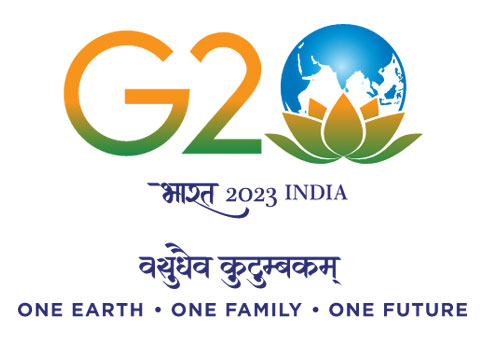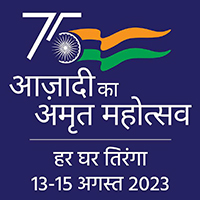What is Organic Farming?
“Organic agriculture is a production system that sustains the health of soils, ecosystems and people. It relies on ecological processes, biodiversity and cycles adapted to local conditions, rather than the use of inputs with adverse effects. Organic agriculture combines tradition, innovation and science to benefit the shared environment and promote fair relationships and a good quality of life for all involved…”
— International Federation of Organic Agriculture Movements (IFOAM)
Simply, organic farming means a method of crop and livestock production system which do not use chemical inputs, genetically modified organisms, antibiotics and growth hormones.
Why organic Farming in Manipur?
The goal of organic agriculture is to contribute to the enhancement of sustainability. Organic farming has various advantages in Manipur and it can be grouped into the following levels:
Farmers’ level:
- Better income through premium price of organic produce
- Better marketing opportunities
- Low investment of inputs compared to chemical farming (conventional farming)
- More employment generation
- Better health of farmers (less chance of toxic chemical exposure)
Consumers’ level:
- Healthy and safe food (no harmful pesticides and herbicides residue in food)
- Tastier and nutrition food
- Boost immunity and fewer incidences of diseases (cancer, heart diseases, control blood pressure, better health of pregnant mother and her unborn child, etc.)
- Foods stay fresher and stay longer.
Environmental level:
- Ensure sustainably safe and healthier world for future generation
- Discourages environmental exposure to pesticides and chemical
- Build healthy soil, helps combat erosion and floods
- Mitigate the effects of Global Warming
- Supports water conservation and water health
- Supports animal healthy welfare and encourages biodiversity
How to practise Organic Farming in Manipur?
In order to practise organic farming one needs to follow four principles of organic farming:
- Health: Sustain and enhance the health of soil, plant, animal, human and planet as one and indivisible.
- Ecology: Based on living ecological systems and cycles, work with them, emulate them and help sustain them.
- Fairness: Build on relationships that ensure fairness with regard to the common environment and life opportunities.
- Care: Managed in a precautionary and responsible manner to protect the health and well-being of current and future generations and the environment
For further details on package of practices of organic farming please contact: Office of Manipur Organic Mission Agency (MOMA), Directorate of Horticulture, Sanjenthong, Imphal, Manipur
What is Organic Certification?
Organic certification system is a quality assurance initiative, intended to assure quality, prevent fraud and promote commerce, based on set of standards and ethics. It is a process certification for producers of organic food and other organic plant products.
There are two methods of certification:
- Third party certification: An independent organization reviews the manufacturing process of a product and independently determines that the final product complies with specific standards for safety, quality or performance.
- Participatory guarantee system: PGS-India (Participatory Guarantee System of India) is a quality assurance initiative that is locally relevant, emphasize the participation of stakeholders, including producers and consumers and operate outside the frame of third party certification.
Why Organic Certification?
- Third party assurance from producer to the consumer separated by distance
- Assurance to the consumers that its concern for healthy food has been addressed.
- Effective marketing tool for image, credibility, visibility and transparency




